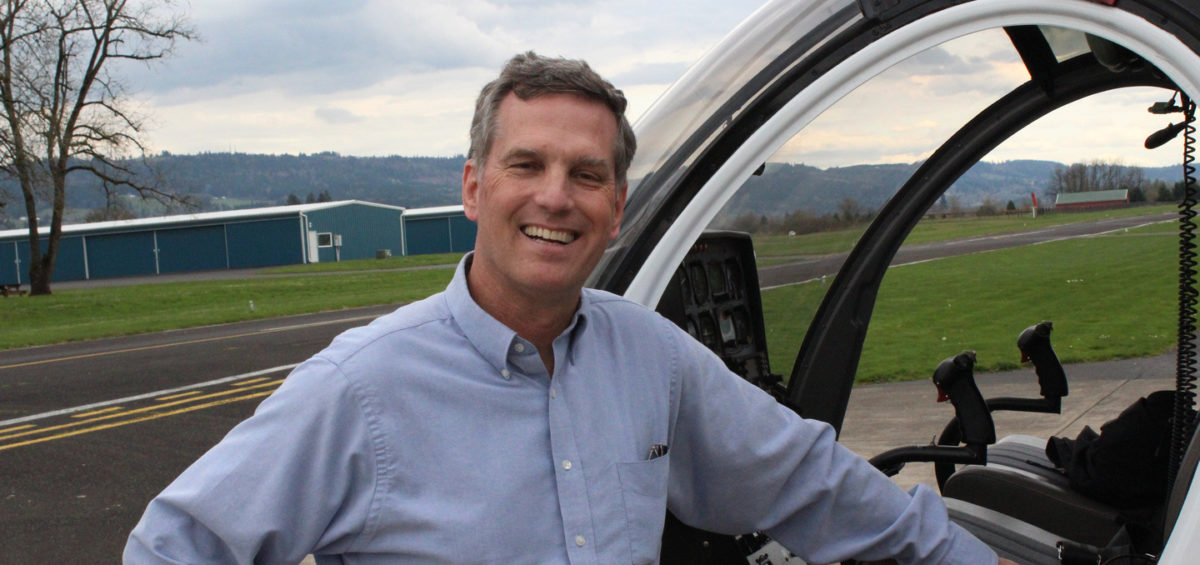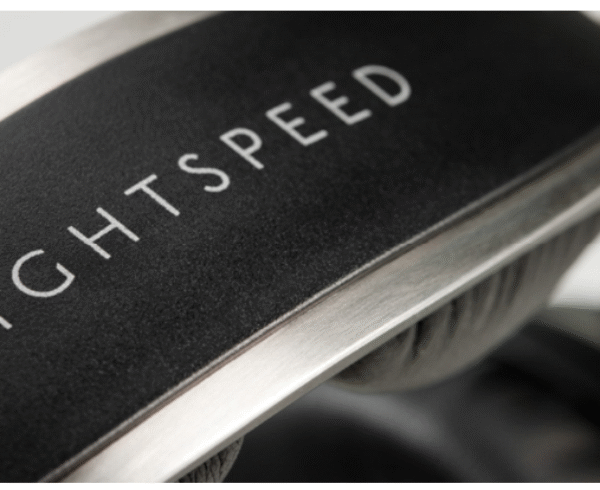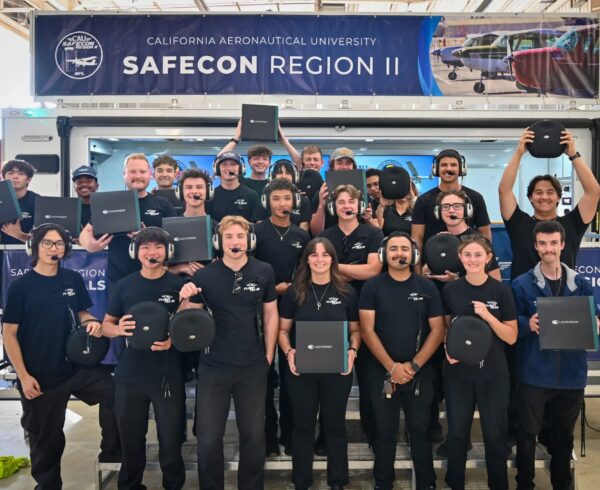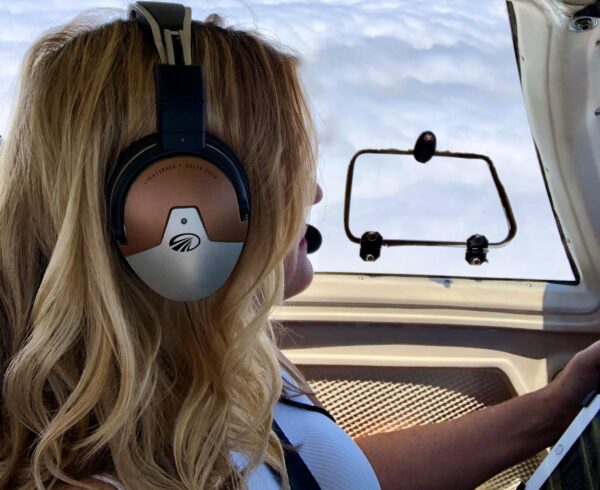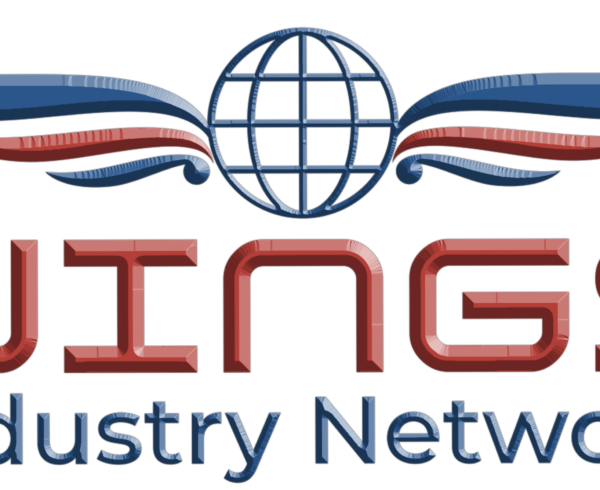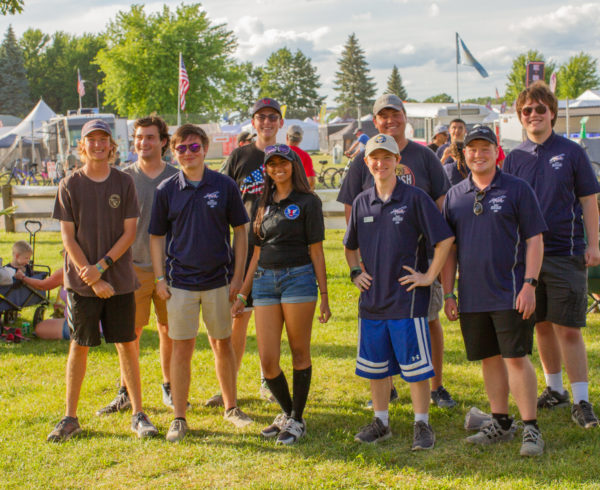Allan Schrader, the founder and president of Lightspeed Aviation, talks about his career, his values and why a headset manufacturer belongs to the Aircraft Electronics Association.
Article by Patricia Luebke
Published in Avionics News
Like most of us, Allan Schrader’s first values were formed in his childhood. One of three children, Schrader grew up in Chardon, Ohio, outside of Cleveland.
“My dad was of German descent and grew up extremely poor,” Schrader said. “We were not poor, but we weren’t well off. My dad worked extremely hard, so work was a core value. His children all became good workers who knew the value of a dollar.”
In his family, college was an expectation for all three children. Schrader attended Cornell University to study engineering.
“I was good in math and science and not good in English and foreign languages,” Schrader said.
But after two years of core courses, it was time to pick his engineering specialty. That’s when Schrader realized he really didn’t want to be an engineer. He decided he was more interested in business and chose civil engineering, which he described as the “most dilutable” of the engineering degrees, and set his sights on an MBA.
He selected the University of Virginia for his graduate studies, as it was one of a dozen business schools at the time that offered a case study approach. “I was a big fan of how that would teach me to think,” he said. “Plus, it was one-third less expensive than the other schools.”
One part of his MBA studies was a class called “Personal Assessment and Career Strategy,” which was offered so students would choose their work and work setting wisely. “The university felt it was important to understand yourself and get on a career path that works,” he said.
From this course, Schrader learned just how Type A he was. “I realized I was very driven and competitive, yet I wanted to slow my life down,” he said.

Allan Schrader, the founder and president of Lightspeed Aviation, talks about his career, his values and why a headset manufacturer belongs to the Aircraft Electronics Association.
This created a fork in the road for Schrader who explained, “If I stayed in the East Coast where everyone moves fast, I’d try to move faster. So in part, I chose to come to Oregon where people move slower and I could move faster while still slowing down. I could bring my East Coast heritage with me while being among people who are gracious and considerate. It was a good strategy for me.”
It was at this time that Schrader experienced another change in his life. “I became a Christ follower in the summer between my two years at Virginia,” he said. “I had known Christ as a character, but not as a person I had a relationship with. That had been lost on me. At this top 10 school filled with aspiring corporate executives, it was awkward and interesting for me to discover how to allow Jesus to be the Lord of my life.”
After relocating to the Pacific Northwest, Schrader launched his operations career at Tektronix.
“I came here to be a line manager,” he said. “But since that job wasn’t open when I arrived, I got assigned into a boring operations accounting role at the division level. It turned out that visibility in this role gave me a chance, a year later, to start working with a group of engineers on a whole new product concept.”
According to Schrader, this project became a product, which became a business unit, which became a new division three years later. He added, “As it grew, I was inside and grew with it. By the time I left, I was manufacturing manager for an $80 million business.” In retrospect, Schrader said his experience at Tektronix was a terrific opportunity to learn about product development and operations.
“I broadened my engineering background and then was really fortunate to ride a rocket ship,” he said. “I got to build teams and systems to support rapid growth and had a blast doing it.”
Schrader left Tektronix to launch a startup. A small intercom company was moved out of a house and began to expand into headsets.
“That was 1988,” he said. “I had just gotten married and was ready for both a new adventure and a small business.”
He helped grow the business to $5 million in five years, but then Schrader and several of his Tektronix co-workers started a company called Lightspeed Technologies. While focused on wireless audio products, an opportunity to design and make an ANR headset was too intriguing to pass up.
The first Lightspeed headset was launched at EAA AirVenture in 1996, as Lightspeed Aviation. Schrader described the headset as “the product of a couple of years of moonlighting work.” Within a few years, Lightspeed Aviation became a separate business under Schrader’s leadership. Today, Lightspeed Aviation has designed and manufactured six separate platforms and evolved the Lightspeed brand.
“When we started selling headsets, we wanted to be the ‘best headset for the money,'” Schrader said. “When Zulu came out, we moved our brand to ‘best.’ We’ve broken through some branding walls to get there, and it’s our customers who get most of the credit for that.”
As for his business philosophy, Schrader said, “We’re in it for the long haul, not just to sell a product and collect the money. Our mission statement is ‘to create lifetime advocates of our products and our way of doing business.'”
He continues to drive innovation both on the product side and how Lightspeed does business. “We want to consistently lead the market at every level of business excellence,” he said. Along the way, Schrader is learning to fly. He admitted he wasn’t bit with the flying bug, but rather, he is learning to fly so he can understand his customers better. And it’s an effort that commands a lot of his attention.
“I’ve spent 20 years talking to customers and figuring out what they like and don’t like,” he said. “I have a clear view of their opinions because they share them regularly with me.” The result? He loves general aviation customers.
“Demographically and socially, they are simply great people, and they are great people to turn into lifetime advocates,” he said.
According to Schrader, learning to fly will help him understand his customers’ passion and help them enjoy their passion with greater depth. “We’re in the passion extension business,” he quipped.
Schrader predicted he will pass his private checkride prior to this year’s EAA AirVenture.
And as for why a headset manufacturer belongs to the Aircraft Electronics Association, Schrader said he has a strategic reason. “Our dealers are connected with the AEA, and if we want to understand and support our dealers, we need to be present where dealers are present.” Schrader also felt a calling to give back to the general aviation community, so he launched the Lightspeed Foundation in 2010.
“The Foundation is part of who we are; it’s part of who I am,” he said. “We have an obligation to give back in every area of our life, and not just from a spiritual perspective. We were given so much, and I think we owe that back to people, our communities, our schools and, in the case of the Foundation, to the community we serve to make a difference. It’s a privilege to give back and to model it for others around us.”
As he looked back on his own career and the decisions he made, Schrader offered this advice to those individuals just starting their own careers. “Don’t overplan,” he said. “Build relationships that matter.” Had he stuck with his original plan to wait for the line manager job to open at Tektronix, he said, “My business life would have been so different.”
But beyond jobs and responsibilities, Schrader said careers are ultimately about serving people. He concluded, “The people you serve and serve under create opportunities for you that weren’t necessarily part of your original career plan. Keep a loose hand on your life plan and let it evolve with the planned and unplanned events of life. Your success and ultimate satisfaction will come from finding and fulfilling the purposes God has made you for.”

